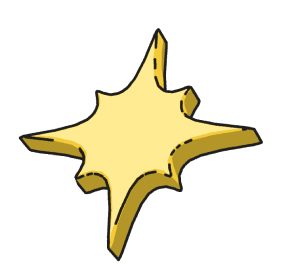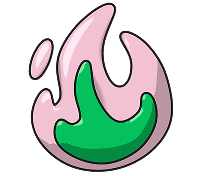Bachelor of Health Science (Paramedic)
Allied Health
A course by
Whitireia & WelTec
Gain the skills and knowledge to provide emergency and non-urgent medical care as a paramedic, including clinical decision-making, medical treatment, and patient care, through a blend of theory, simulation, and extensive clinical placements.
Blended study
This is a mix of online learning & face-to-face sessions
Whitireia Porirua Campus, Porirua
It will take a total of 3 years
Core skills this course teaches

Deliver emergency and non-urgent care
Assess, stabilise, treat, and refer patients across a range of clinical scenarios as an entry-level paramedic.

Apply clinical knowledge and skills
Integrate theoretical knowledge in medical sciences and pharmacology with practical procedures during patient care.

Navigate legal and ethical responsibilities
Demonstrate understanding of the legal, ethical, and cultural responsibilities of working as a paramedic in New Zealand.
What You're Signing Up For
The Bachelor of Health Science (Paramedic) is a three-year full-time degree designed to prepare students for a professional career as a paramedic. Developed in partnership with Wellington Free Ambulance, it integrates theoretical learning, simulation, and over 1000 hours of supervised clinical practice in ambulance and hospital settings. The program focuses on emergency and non-urgent care, including patient assessment, stabilisation, treatment, referral, and safe patient transfer. Special attention is given to New Zealand's health system, cultural competencies, legal and ethical responsibilities, and development of critical thinking, teamwork, and leadership. A flexible learning stream is available for current paramedics/EMTs holding relevant qualifications.
Course Content
- Emergency and non-urgent medical care
- Clinical assessment and advanced medical procedures
- Patient stabilisation and treatment
- Pharmacology and pathophysiology
- Simulation-based learning
- Legal and ethical issues in paramedicine
- Cultural competence and Te Tiriti o Waitangi considerations
- Communication and teamwork
- Research skills and academic scholarship
- Leadership development
- Clinical placements in ambulance, hospital, and community environments
What you need to know first
University Entrance or equivalent academic/work experience
Evidence of suitability (interview, health screening, safety check, referee reports)
Must be 18 years old by the programme start date
Recommended: Full NZ Class 1 driver’s licence (required for certain employment)

What sort of industry will this job lead to
Healthcare
Emergency Medical Services
Ambulance Services

Future employment opportunities might be
Paramedic
Emergency Medical Technician
Ambulance Officer
Roles in health and emergency response services